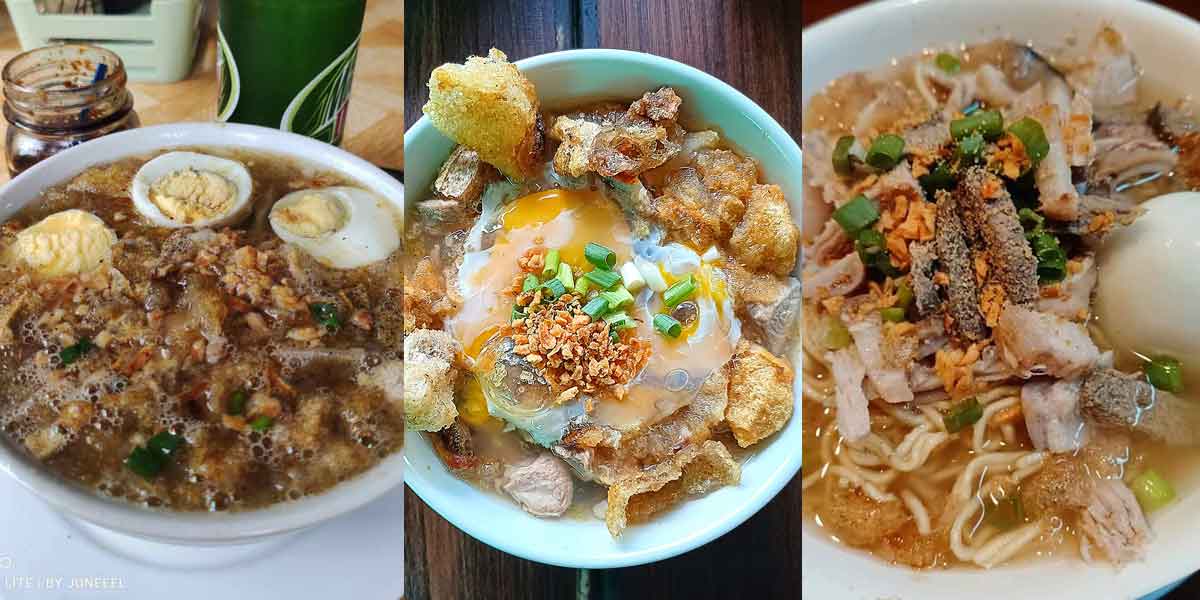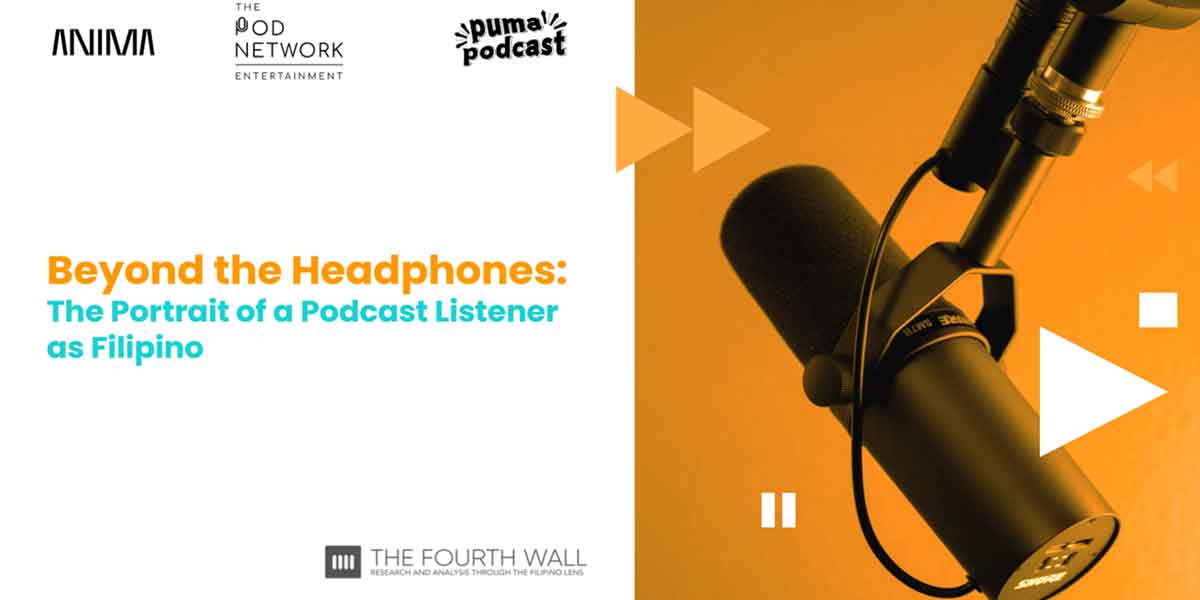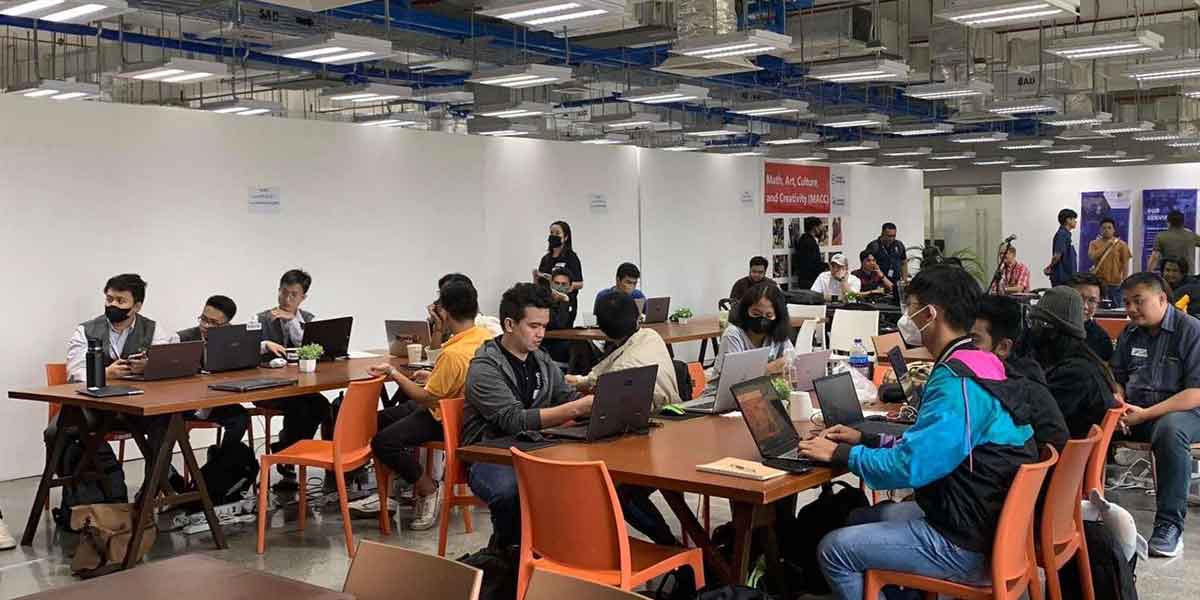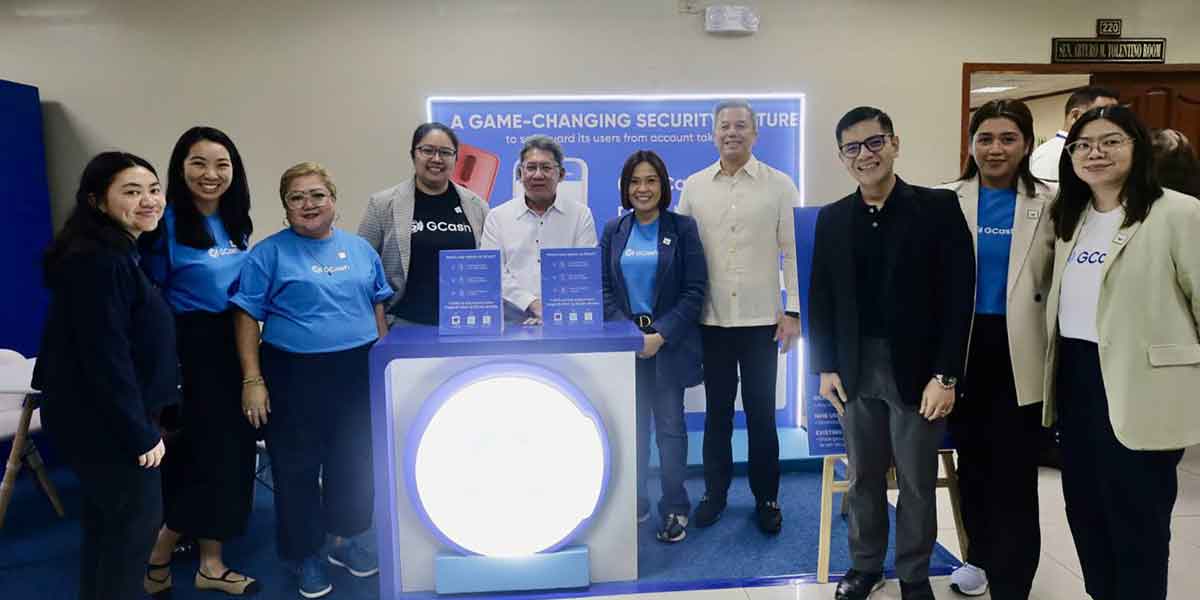By Ma. Therese Taghap
(The author is a Communication and Media Studies student from the University of the Philippines Visayas)
While the COVID-19 pandemic and stay-at-home orders lengthen, an upsurge in cases of intimate partner violence, sexual violence, and sex trafficking emerge. The lockdown measures seemed to have penalized women and their children in seeking support from the authorities. Hence, another pandemic that also requires immediate action manifests the nation.
In Leyte a week ago, six minors were rescued and turned over to the Department of Social Welfare and Development (DSWD) after victimized by sexual trafficking. The unnamed 23-year-old suspect, who was the aunt of the victims, was arrested after she allegedly exposed them to cybersex.
In Valencia town, Bohol province a man was arrested after sexually assaulting his close friend, or kumare, who was sleeping with her two children when the incident happened. The suspect, Alex Taguines, who was believed to be intoxicated, broke into the victim’s house and took advantage of her.
Gender-based violence affects one in every three women who often experience negative and long-term impact. World Health Organization (WHO) says the nature or severity of the effects of violence can be influenced by poverty, gender inequality, cultural or religious practices, limited access to health, legal and other support services, conflict or natural disaster, HIV/AIDS prevalence, and legal and policy environments.
Aside from poverty, which sometimes causes the parents to pimp out their children, these issues of gender-based violence in the Philippines usually continue to perpetuate because of the normalization, or families tend to look the other way when it happens between relatives. Take the case of the fraternity group whose distasteful acts of violence against women were exposed in the Twitter account named Manyaks of UPV. A few months ago, the screenshots of the group chat of the Fratmen trended. This conversation includes the nude photos of young women and the members’ sexually objectifying comments. No one from the group condemned the behavior of those who were involved as they seemed to create a culture of misogyny, sexual harassment and violence, and homophobia. Without being revealed by the said Twitter account, no victims might have shown up, and no action could have been done.
Silence in families, communities, or even in circles of friends is violence. Also, as said by Senator Grace Poe, the government regulation that borders on intimidation, and pronouncements that harass women journalists, is as well a form of violence.
As the COVID-19 pandemic locks the victims in abusive homes, more must be done by the policymakers, telecommunication corporations, health providers, and government in providing a safer environment, which may mean local shelters, to the abused.





















